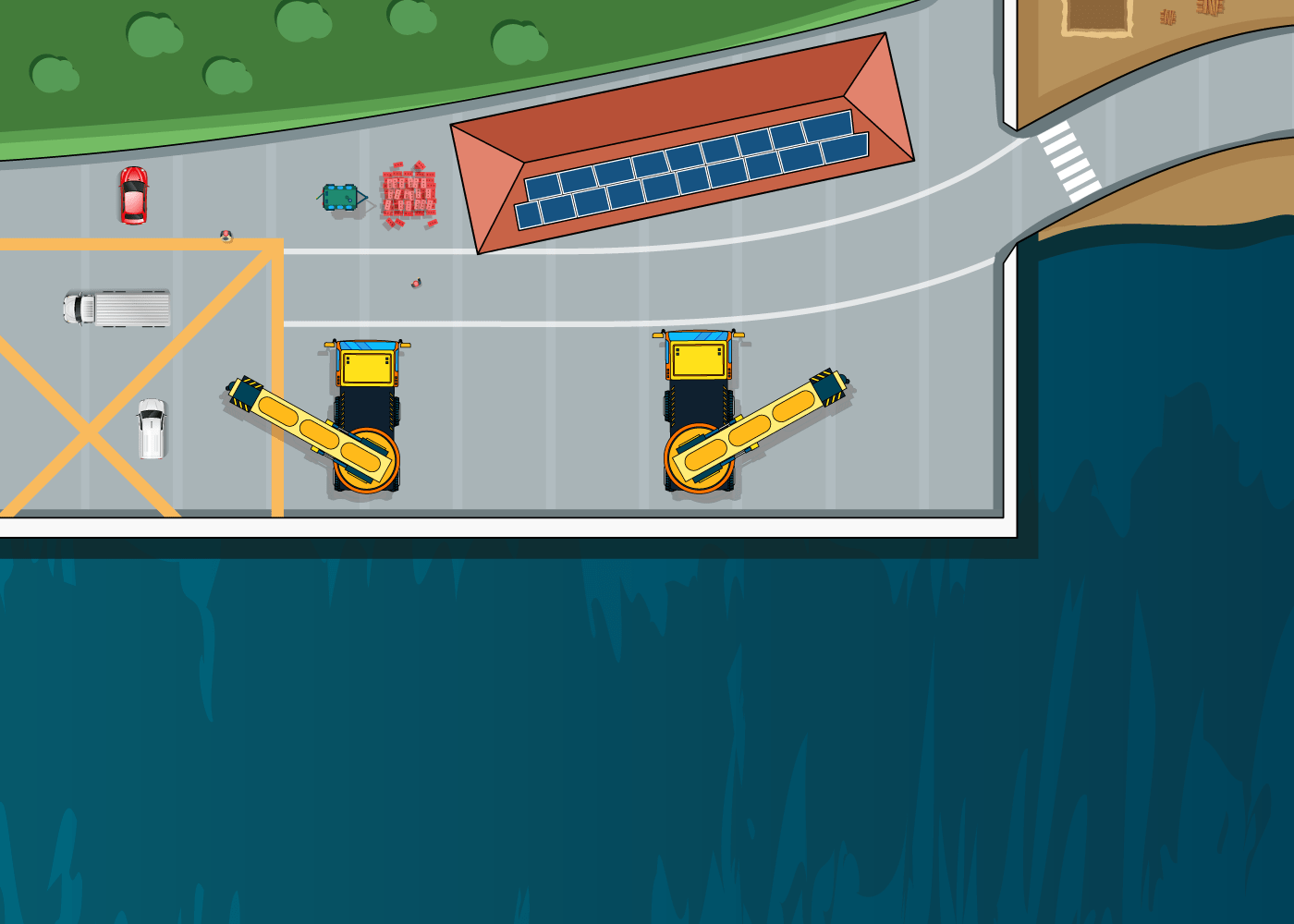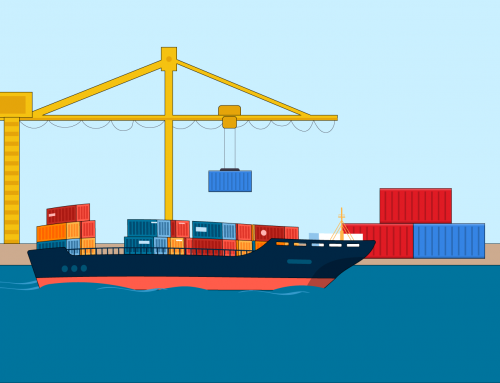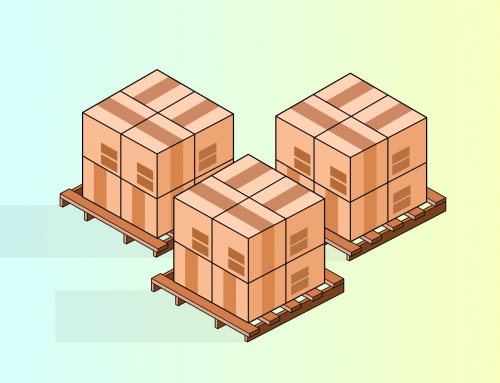Overview
The Incoterms 2010 FAS means Free Alongside Ship.
Click here to listen to the audio blog version.
Ask An Expert
Discussion on Incoterms 2010 FAS with renowned global trade expert Murdo Beaton and Abdul Mann, creator of the cloud based export solution EdgeCTP.
Aimee:
Today we’ll be discussing FAS including how and when to use it. So Murdo, what is FAS?
Murdo:
FAS stands for Free Alongside Ship. This is not a terribly regularly used Incoterm, nevertheless it is in the Incoterm list and is a term that is hugely appropriate where there is the transportation of heavy or out of gauge items and bulk shipments. Now, for Free Alongside Ship, as the term states the seller is obliged to bring the goods alongside the carrying vessel. Now they can either do so by placing the goods on the quayside if the carrying vessel is able to access at the quay for loading, or they may be obliged to place the goodsÃÂ on a barge and take the barge out to the carrying vessel. This may be anchored slightly outside the port, maybe for the fact that vessel cannot get into the quay because of the vessel’s draft position.
Abdul:
So the port isn’t deep enough.
Murdo:
The port isn’t deep enough to allow the vessel to come in. So the exporter would have to bring the goods on a barge alongside the ship, wherever it was anchored, or indeed place them on the quay if the vessel was able to load from the quay. The seller would not be obliged to load the vessel. However, the seller would be obliged to clear the goods through customs for export. In other words any declarations necessary to be lodged with the dispatching market’s customs authorities would have to be done by the exporter, but the loading of the vessel would be the buyer’s responsibility. So indeed would be the procurement of any transport documents that the buyer actually required; the buyer would have to secure these so essentially the risk would pass to the buyer when the exporter brought the goods alongside the ship, wherever she may be berthed, and notified the buyer that such an activity had taken place.
Abdul:
So this is one of the first where the Incoterm is designed specifically for marine transportation.
Murdo:
There are four of them and this one is specifically designed for, as they call is, sea and inland waterway transport.
Abdul: this becomes the administration to cost without insurance wait the country of resorting that attempted country. journal evaluation, training out that Right, and it’ very similar from my thinking to FCA, where you were bringing the vehicle alongside the point of delivery, then they would unload, put it onto their own vehicles and take it away.
Murdo:
Yes, there are some similarities for FAS as to FCA. In other words as far as FCA is concerned as we stated, when the goods are handed over to the first carrier whoever that might be, the exporter is relieved of any responsibilities. Here for FAS, when the goods are delivered alongside the ship that is going to carry them to their ultimate destination the exporter is likewise relieved of their responsibilities.
Abdul:
OK, and who would kind of be responsible for dictating the use of FAS?
Murdo:
A matter again between the seller and the buyer, both parties would have to consider this. I know we keep interchanging between exporter and seller.
Abdul:
But they mean the same thing.
Murdo:
Well, not necessarily. There could be an original seller somewhere further down the chain but essentially we are talking about the same thing here for illustrating these terms. Yes, it is a matter of negotiation between the two parties as to what the term would be. If you look at FAS you would say would it be possible for the porter to actually load them onto the ship and transport them to the country of destination?’Of course it would be, but in this instance the exporter maybe chooses to suggest This is a more favourable Incoterm for me. I don’t want to be involved in loading on board the ship.’ Then you might turn around and say Well it’s quite possible that when we’re talking about heavy and bulk products, it may be that the quantity or size involved may calls for a vessel to be specially chartered for the transportation.’ In such cases the exporter might say ‘Well I don’t want to charter the ship. so the buyer would probably be chartering the vessel as well.
Abdul:
So the booking of the export leg, if that’s what we want to call it is really the responsibility of the buyer and delivering it to that point of the export leg is the responsibility of the seller.
Murdo:
Yes indeed, the buyer would be expected under FAS to nominate the vessel that would undertake the main sea voyage, and would also nominate the port from which that vessel would likely depart. They would also indicate to the exporter the date upon which the exporter would be expected to make the cargos available for the loading onto the vessel.
Abdul:
OK, so an easy one for the seller to adopt as an Incoterm?
Murdo:
Well relatively easy. Still, nothing is easy just relatively so. As long as the exporter is comfortable with the domestic transportation of the goods then yes, it’s a comfortable enough Incoterm.
Abdul:
So insurance Murdo, regarding FAS.
Murdo:
This would be entirely a matter for the exporter to determine, whether they wish to cover the goods for insurance until such times as they were along the ship. Covering them beyond that position would be entirely the responsibility of the buyer.
Abdul:
Then clearing customs at the destination market; again the buyer does this.
Murdo:
Yes, they do.
Aimee:
I hope you enjoyed this audio. If you’d like more information on international trade go to www.edgectp.com. All material in this audio is copyrighted and all reproduction rights are reserved by Morgan Goodwin Ltd, thank you.






